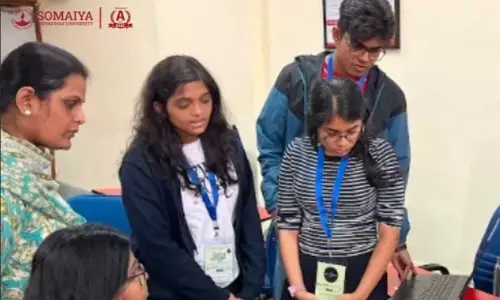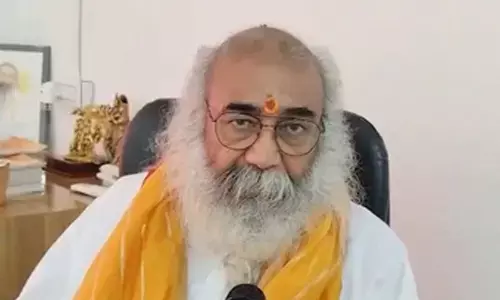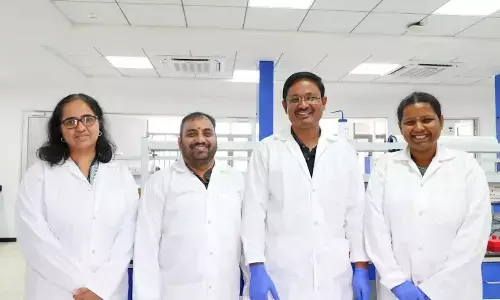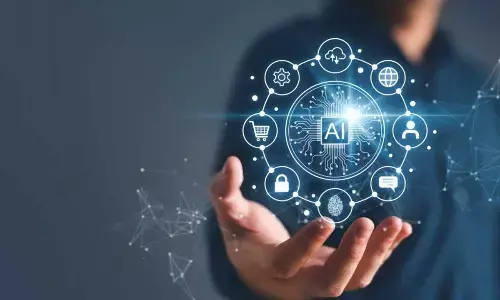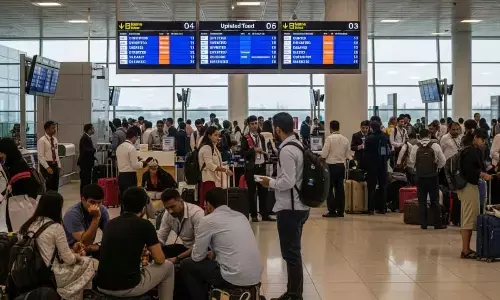STEM Metaverse: How edtech impacts Indian teaching
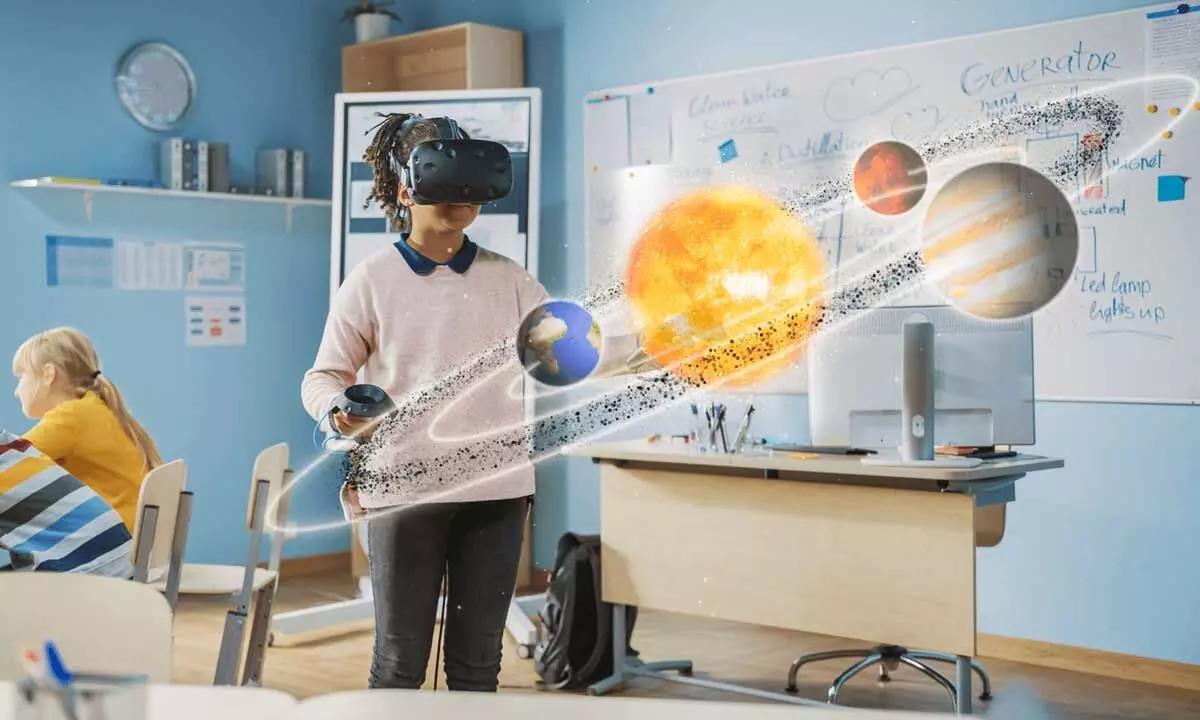
STEM Metaverse: How edtech impacts Indian teaching
As India continues to embrace technology in all aspects of life, it’s no surprise that the field of education is also undergoing a major transformation
As India continues to embrace technology in all aspects of life, it's no surprise that the field of education is also undergoing a major transformation. The integration of edtech with traditional Indian teaching has the potential to revolutionize the way students learn and interact with their teachers. Indian teachers prioritize the development of social, spiritual, and moral values to build character and help prepare students for life after school.
Traditional Indian education puts an emphasis on developing not only the intellect but also other important aspects of life like interpersonal relationships, compassion, and self-improvement. Whereas Edtech can help bridge gaps within existing pedagogical models by using technology-driven data analysis to monitor student progress, ensure greater student engagement and support personalized learning paths.
As exciting as it is to combine Indian teaching methods with edtech.On the plus side, digital tools can expand the reach of a teacher's lessons and help students stay focused and engaged. Additionally, technology can provide a deeper level of understanding by exposing students to a variety of interactive activities and real-world experiences. integrating technology into Indian teaching methods also creates privacy issues for students: data collected from digital activities or assessments might be shared without their knowledge or permission. It's important for schools to have safeguards in place in order to protect the privacy of their students and ensure their data is used in a responsible way.
The future of Edtech and Indian Teaching lies in the potential for an endless number of possibilities. With the emergence of new technologies, teachers will be able to deliver more engaging lessons and foster deeper student learning.
New teaching techniques such as virtual reality, augmented reality, and simulations will become more popular as they allow students to engage in simulated scenarios in order to gain practical experience with the material being taught. Additionally, artificial intelligence may be used to provide personalized instruction and feedback on student work.
This combination of traditional Indian teaching techniques and edtech will reduce costs by streamlining the learning process and providing real-time feedback. This technology can also be used to save time which otherwise would have been spent on preparing traditional lectures or grading assignments. Furthermore, educational materials created with edtech have a higher caliber than those created through traditional methods since they are often based on data-driven models which can provide accurate results.
Online tutoring has become increasingly popular in India, as more parents are beginning to recognize its value in helping their children learn. Students are able to access experienced tutors who can provide personalized teaching, answer questions, and help them understand complex concepts. And since most tutors offer flexible hours and virtual meeting options, it's easier than ever for students to take advantage of these services when they need it most.
The integration of edtech with traditional Indian teaching holds a lot of promise for the future of education in India. By leveraging new technologies, students can get a more interactive, personalized experience while educators can create better learning materials at lower costs. The potential for this integration is vast and could lead to a better education system in India for everyone involved.
As far as what the future holds for edtech and traditional Indian teaching techniques, there's no one-size-fits-all answer, but there is one thing we can all agree on. The combination of edtech and traditional Indian teaching methods provides teachers with more tools and resources to engage students in more meaningful ways and it gives students the opportunity to learn in more creative and interactive ways.
By leveraging the power of edtech, Indian teachers are able to bring a more effective and engaging approach to teaching. The integration of digital tools with traditional Indian teaching styles has created a powerful combination that has the potential to help even more students reach their fullest potential in the future.
By creating an environment where students can learn, ask questions, and collaborate, teachers are empowered to facilitate a learning process that is more dynamic, innovative, and effective. EdTech and Indian teaching techniques are not mutually exclusive, but rather, they need to be used together to create a truly effective learning experience.
(The author is a CEO and Founder of STEM Metaverse)



